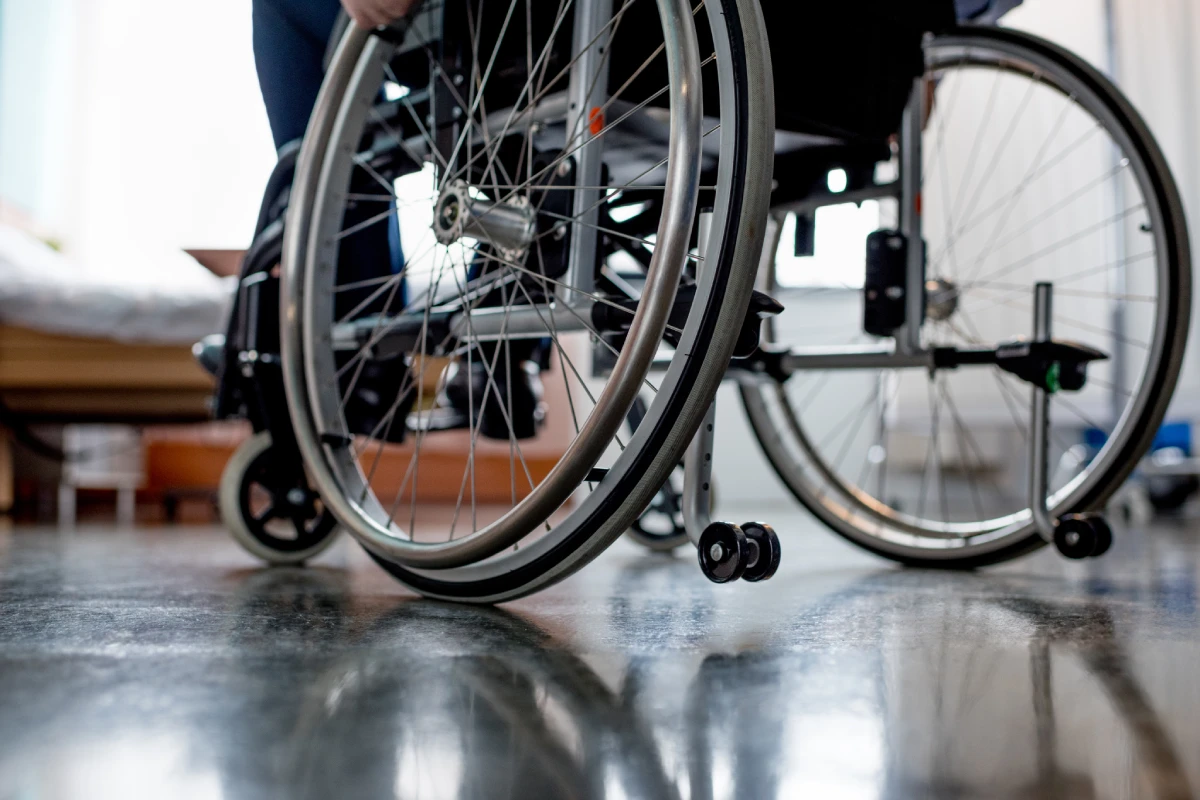Amyotrophic lateral sclerosis (ALS), also known as Lou Gehrig’s disease, is a progressive, fatal disease. The disease attacks nerve cells that control the body’s voluntary muscles. ALS eventually kills its victims by affecting the muscles, including those that control speaking, swallowing and breathing. Respiratory failure is a common cause of death for individuals who suffer from ALS.
ALS has no known cure to date, and treatments are intended simply to alleviate symptoms that accompany the disease while the individual lives out the remainder of his or her life. This is a debilitating and fatal condition that often requires extensive medical and nursing care to keep the individual comfortable and offer the best quality of life. Individuals with ALS eventually are unable to work or care for themselves and may qualify for disability benefits for ALS.
Patients May Recover Social Security Disability Benefits for ALS
The Social Security Administration (SSA) offers benefits to disabled individuals. Two programs offer benefits: Supplemental Security Income (SSI) is a need-based program that offers financial help to those with documented disability. Social Security Disability Insurance (SSDI) is a payroll tax-funded program that offers benefits to disabled workers who have contributed to the fund over the years they’ve worked.
Individuals may be eligible for disability benefits for ALS through one of these programs once they meet the required medical criteria for disability.
The SSA’s Criteria for ALS Disability
To qualify for SSA disability benefits for ALS, an individual must meet certain criteria.
- ALS must be diagnosed and documented. Testing to determine diagnosis must include evaluation of the patient’s history, neurological studies, and electrophysiological and neuroimaging testing that rules out other conditions that can masquerade as ALS symptoms. While there is no single conclusive test for diagnosing ALS, proper medical records and doctors’ notes can support an SSA claim.
- Medical evidence should include all studies and tests, including results for any electrophysiological and neuroimaging testing, neurological findings and notes regarding a review of the individual’s medical history.
- There are no specific accompanying symptoms or complications required to qualify for disability benefits. A diagnosis of ALS automatically indicates that the individual is disabled.
Filing for Disability Benefits for ALS
If you suffer from ALS, you are eligible for benefits through the SSA. The following steps will help prepare you for filing a claim.
- Seek medical support for your claim: Speak with your medical team about your prognosis and whether your medical records are ready to meet the SSA’s specifications.
- Get organized: Gather your medical records and document any dates of diagnosis, onset of symptoms and notes regarding your ability to work. Be prepared to present medical evidence to your attorney if needed.
- Hire a professional to help you: Enlist the help of a law firm specializing in SSI/SSDI and disability. Your attorney can help with the filing process, manage any follow-up details and respond to any denials.
ALS is on the SSA’s list of Compassionate Allowances Conditions. This allows those with the condition to receive benefits faster than they would through the standard application process.
Talk to Rob Levine about Applying for Disability Benefits for ALS
If you need help applying for disability benefits for ALS, Rob Levine are here to help. We work with disabled Rhode Island residents to navigate the disability benefits claim process. We can help you understand the legal process and your rights. Call us today at 800-742-3920.





